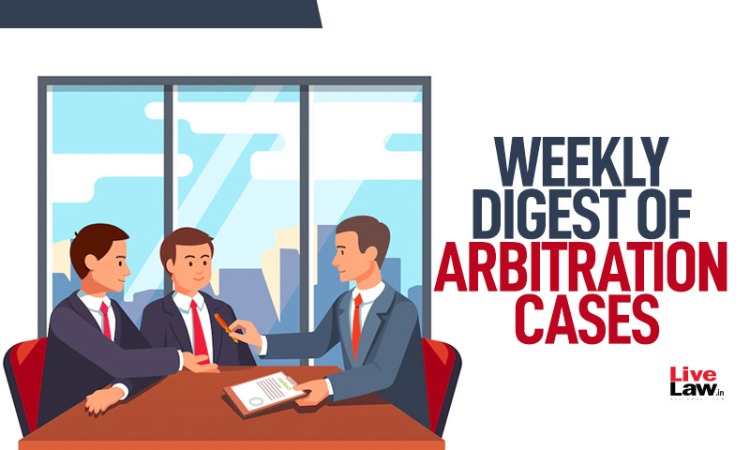Next Story
12 Jan 2024 5:00 PM IST
Supreme Court Arbitral Awards Cannot Be Modified Under Sections 34 & 37 Of Arbitration & Conciliation Act : Supreme Court Case Title: S.V. Samudram v. State of Karnataka Citation: 2024 LiveLaw (SC) 14 The Supreme Court has reiterated the settled position of law that any attempt to “modify an award” while adjudicating Sections 34 and 37 petitions is...

